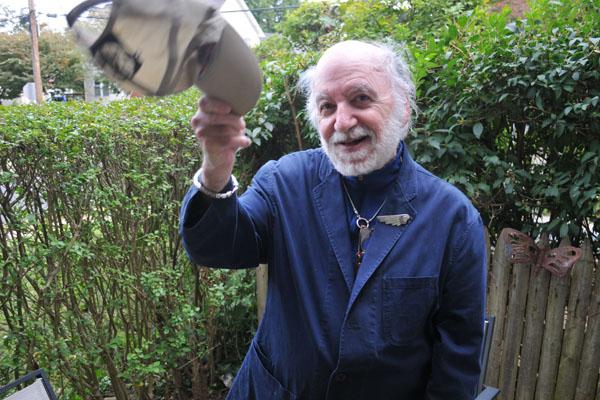In 1997, John Brockman founded Edge (www.edge.org) a website and online salon, whose purpose is nothing less than to explore the edge of knowledge. It's slogan: "To arrive at the edge of the world's knowledge, seek out the most complex and sophisticated minds, put them in a room together, and have them ask each other the questions they are asking themselves."
Each year, Brockman poses a question to thinkers in a wide range of fields: psychology, theoretical physics, evolution, cognitive science, and more. Last year's question was "What scientific idea is ready for retirement?" Brockman collected the responses to that question in the book, This Idea Must Die: Scientific Theories That Are Blocking Progress. The book contains 175 short essays on ideas that should be discarded to allow knowledge to move forward.
Frequently scientific inquiry is spurred on by the realization that old ideas do not fit the data or otherwise do not work, whether it’s the four bodily humors, the geocentric universe, or the steady state theory. These essays identified old modes of thinking that should be cast aside to allow exploration of new ideas.
In NPR's Science Friday last week, host Ira Flato interviewed theoretical physicist Sean Carroll and quantum mechanic Seth Lloyd -- two of the 175 contributors -- about their proposals for which ideas must die. Here is that discussion:
You can also read excerpts from the book describing the two proposals here, and vote for which ideas you think should die.
Addendum
What are others' thoughts, both on the question of the desireablilty of jettisonning unhelpful scientific theories and on the question: if you were to kill off an idea, what would it be? I'd especially like to hear from the scientist readers, Peter, Mike, Steve and Tom Nascenzi.

